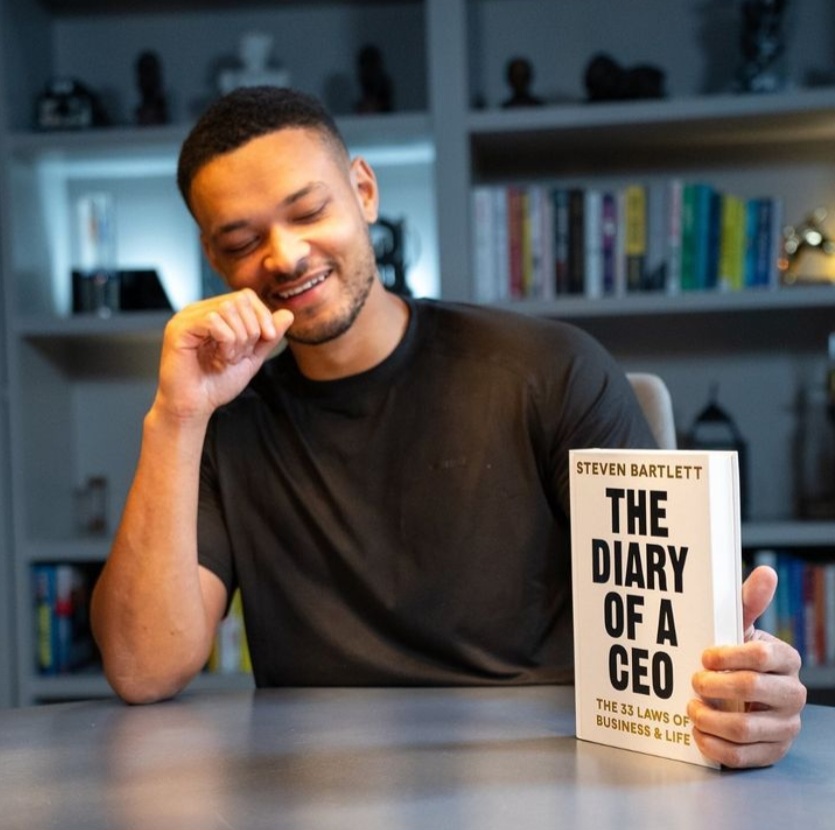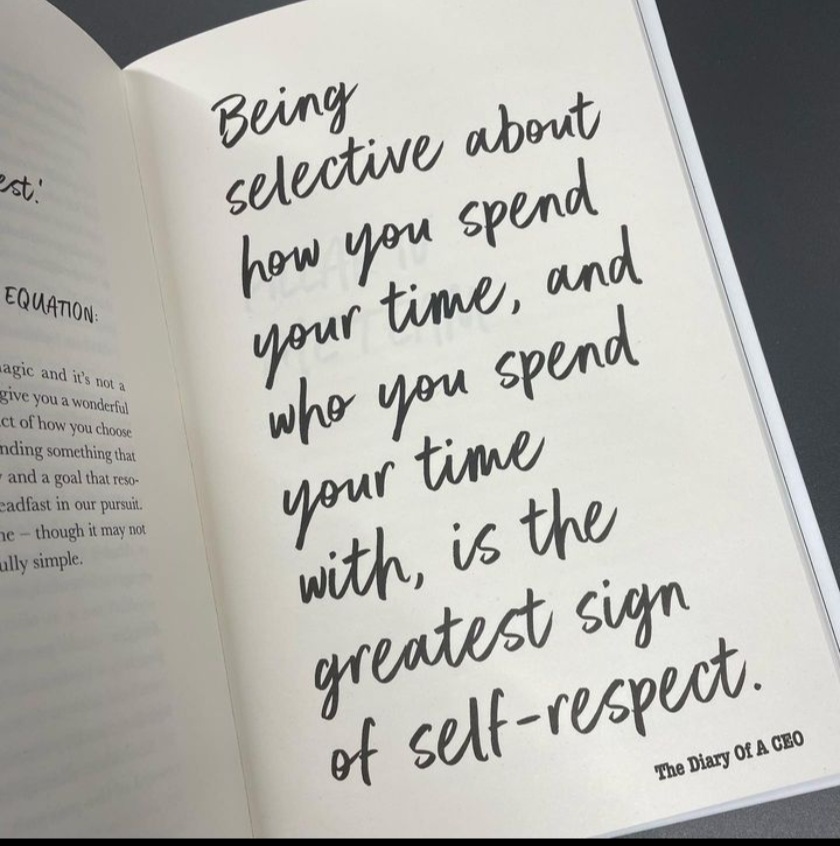
"Wear many hats but design all of them"
- 7 September 2023
- By admin
- 0 Comments
PARTIAL BOOK REVIEW: DOES STEVEN BARTLETT’S 33 LAWS COME WITH A SIDE DISH OF GASLIGHTING?
Steven Bartlett. Businessman. Author. Content creator. Dragon.
I said all that with his voice in my head because, like Beyoncé, Steven’s influence has crept up on me. If Steven was a musician, I’d liken him to the Bruno Mars of his industry: popular, not everyone’s favourite but hits you with a couple of bangers (feel free to comment below and tell me who you think his musical equivalent is).
He’s a divisive character in my circle. Some of that I think is due to an unfortunate promotional phase for his extremely popular podcast Diary of a CEO where every trailer had someone crying. Not exactly enticing, especially post-pandemic, but he remedied that, and I, if not my peers, returned. I also think there’s a veneer for public-facing business people. As I discuss in the Rise Edition of my weekly round-up, The Week Unboxed, regarding Karren Brady, the persona seems more direct and less personable. They’re about their business. I’m a hypocrite as I am guilty of the same thing. However, Steven’s most recent YouTube content, Behind The Diary, really gives people a glimpse of the person he is on a day-to-day basis, and I really like it. It’s a format that gives business and human insights and shows his smarts in action, and if there’s one thing Steven is, it’s incredibly savvy – I’m not saying anything particularly revealing there.

His latest book, The Diary of A CEO: 33 Laws of Business and Life came out this past week and I downloaded it on Audible, dipping into it whilst the kids are asleep or I’m travelling. As a marketeer and business owner, the book feels like an exclusive 1:1 conversation on business and strategy. It’s much more accessible to me than his first book Happy Sexy Millionaire, and I think slightly more anecdotal. I do love the way he’s presented each law with research and compelling titles like You Must Lean Into Bizzare Behaviour and Useless Absurdity Will Define You More Than Useful Practicalities.
To be fair, a lot of what he says isn’t necessarily new – nor does he claim it to be. I’ve got almost 10 years on him so the majority I’ve heard so far acts as reminders as I see how the principles and approaches have featured in my own life but it’s still a solid read from what I’ve heard so far.
So where’s the rub?

Well, there were a couple of places where Steven made me pause. (There may even be more, but I haven’t finished the book yet)
Two statements were particularly problematic to me.
The first is when Steven relays that when he starts making real money, he begins to consider whether he should be going to Africa to ‘save people’. Hold the phone. I thought we’d left behind the Band Aid narrative. (As I’ve gotten older, I realise how patronising that song is). Though Steven is simply speaking his truth, it perpetuates a boring stereotype about the continent, one I’d hoped as a partly Nigerian man he would be aware was wrong or, at the very least, misleading.
Through initiatives like Geldof’s charity song and footage used in programmes like Children in Need and Red Nose Day in the 90s, Africa came to be perceived as a continent filled with children with distended bellies and flies hovering around them. Is malnutrition, displacement, and famine still a thing on the continent? Yes, but as described by The World Food programme USA it’s a global crisis. This stereotype is also not reflective of the entire continent.
Though his thoughts could be reflective of the young man he was at the time, he says nothing as he narrates the book to counter that particular perception. Africa is a country filled with vibracy, culture, and innovation. Business is happening there as it does in the States or even here. This idea that it’s an entirely impoverished place is just so wrong. Want an example? You can read my review of the Netflix series Made By Design, which shows how designers in Nigeria are creating cutting-edge, sustainable designs.
The second challenge came from the law Never Compromise Your Self Story. Here, Steven relays a story about how, as a child, swimming was almost something he never learnt after a peer told him that they’d heard that Black people couldn’t float. Now, his overarching point is that people absorb the ‘evidence’ they receive from others around them, which creates a false narrative of self, particularly if there’s no counter evidence, which ultimately paralyses the individual. He then goes on to say that narratives around race and gender should be ignored in order to succeed. That succumbing to those narratives will hold you back. This positioning is almost like the phrase “ I don’t see colour”.
Whilst the intention is to say “we’re all equal”, it ignores the reality of the other person’s existence and dismisses the fact that people are persecuted every day based on this feature. It’s not the individual imposing those views on themselves. It’s society. It’s our environment. To use Stephen’s point, it’s hundreds of years of historical evidence.
It ignores reports like the 2012 All Party Parliamentary Group on Race and Community – Ethnic Minority Female Unemployment: Black, Pakistani and Bangladeshi Heritage Women which concludes in some instances women of colour are not hired simply because they are women of colour. And though this report is 11 years old, it was revived and referenced during Teresa May’s tenure as Prime Minister (2016 – 2019).
The Black experience isn’t a singular one and I accept that Steven has spent the adult portion of his life as a male, dual heritage man with money (as the power that comes with that undoubtedly affords access in a way that’s absent when you have none) so his every day truth may be different. I also don’t think Steven has never experienced racism – the ignorance displayed by the other child at the swimming lesson is steeped in the falsehoods often attributed to Black peoples passed down by the adults in their environment – however to the Gen Z generation who may not have the wisdom of experience this is a dangerous approach. Even if the race angle isn’t coming immediately from their peers, it could be experienced in the workplace through the multiple generations they may encounter. As for gender, people like Andrew Tate, the development of incels and the general state and condition of how women and girls are treated in the world simply can’t be ignored.
Again, for transparency, I haven’t completed the book – I’m into pillar, which is one of four. However, I do generally like the direction of travel and won’t let these two instances cloud my judgement of the future chapters. Do I still rate Steven? Two books, a podcast, a vlog, and several products in I doubt I’m going anywhere…for now.